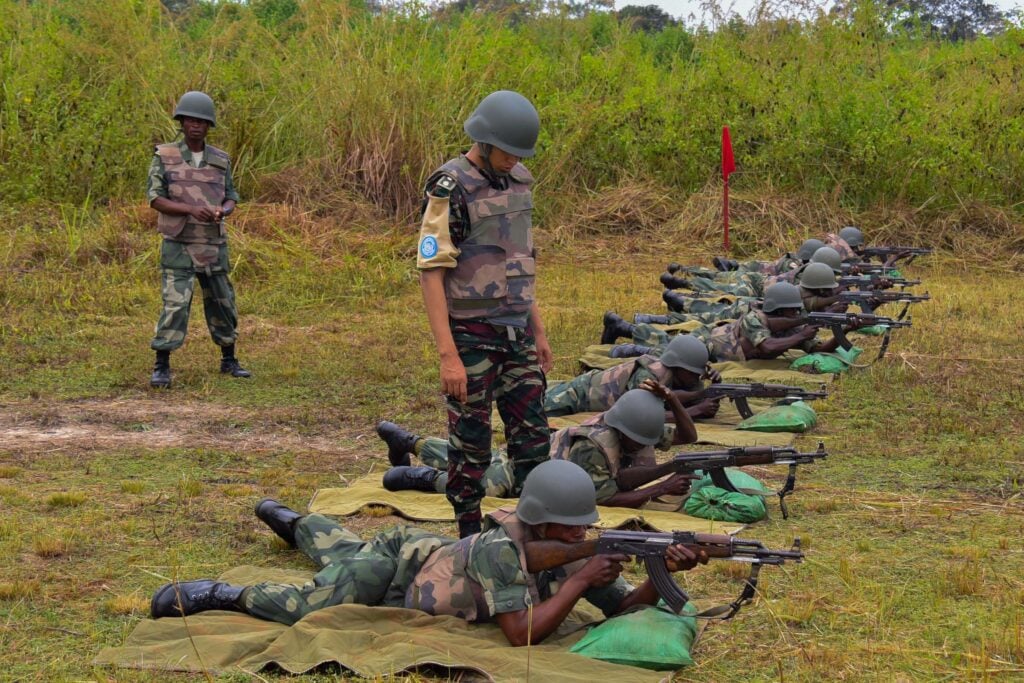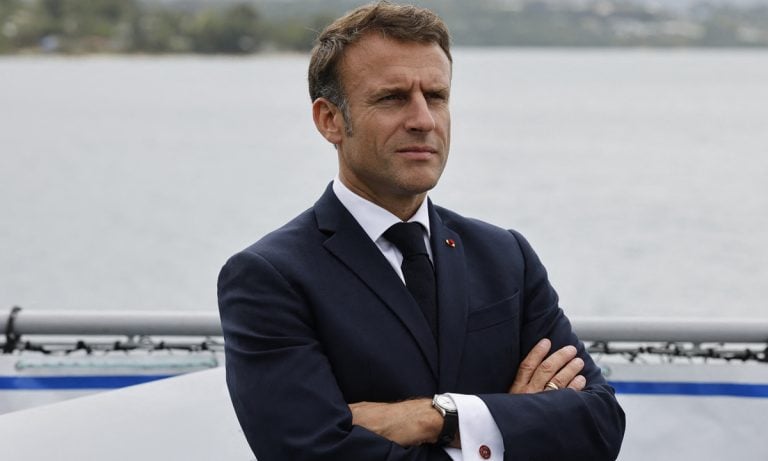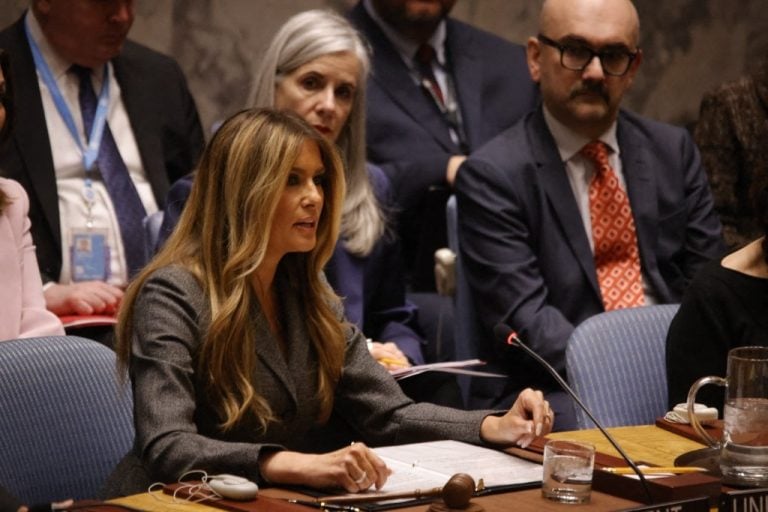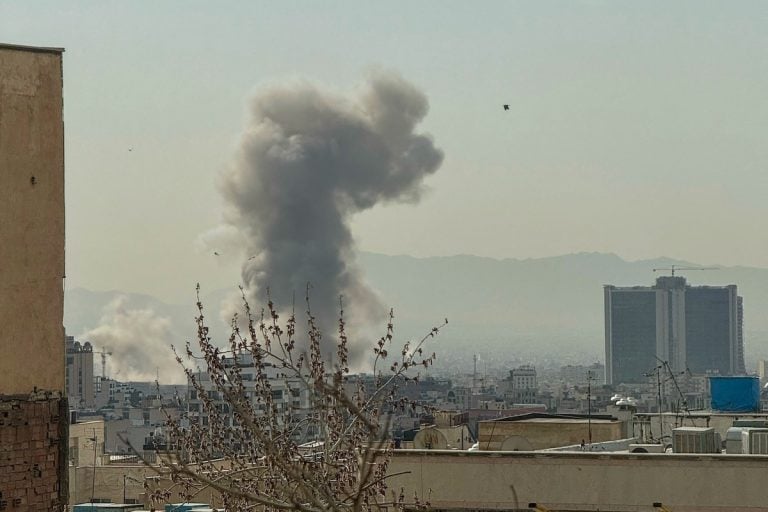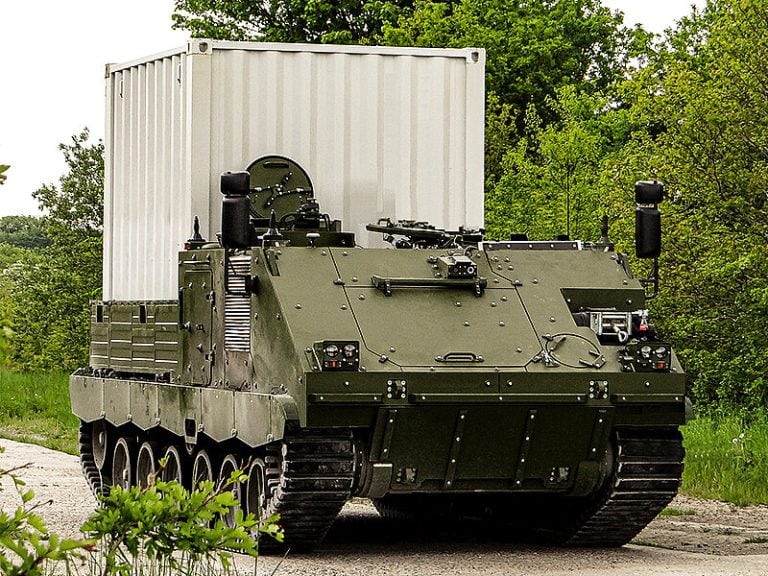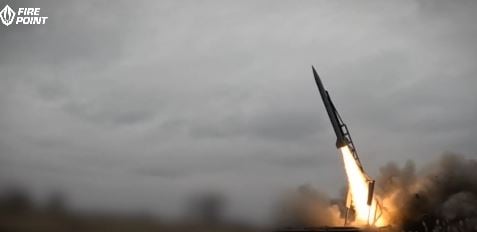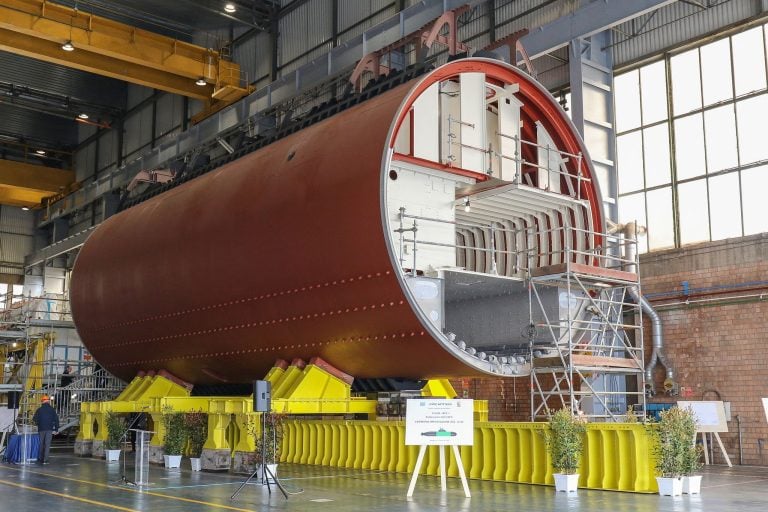Representatives from the Democratic Republic of Congo (DRC) and Rwanda have taken a significant step towards peace, having initialed a comprehensive agreement aimed at resolving the ongoing conflict in eastern DRC. The formal signing of this document is scheduled for June 27, as confirmed by a joint statement released on Wednesday.
This peace accord builds upon a declaration of principles that was previously signed in April and addresses crucial issues, including the respect for territorial integrity and a prohibition of hostilities in eastern DRC. The agreement is also the result of key mediation efforts from the United States and Qatar.
U.S. Secretary of State Marco Rubio is set to witness the signing ceremony in Washington later this month, underscoring the international importance of the agreement. The deal was reached after three days of constructive dialogue in the U.S. capital, where DRC and Rwandan officials discussed various interests, including political, security, and economic matters.
Among the notable provisions included in the text are guidelines on disengagement, disarmament, and the conditional integration of non-state armed groups. This aspect is particularly significant considering the actions of the M23 armed group, which has been at the center of the conflict. U.S. and UN experts have indicated that the M23 may be receiving military support from Rwanda. Since the beginning of the year, the M23 launched a swift offensive in eastern DRC, capturing key cities such as Goma and Bukavu, and establishing governing structures in the territories under its control. The resulting violence has led to thousands of fatalities, exacerbating a humanitarian crisis.
Eastern DRC, rich in natural resources, has experienced violence for over three decades, with an uptick since the M23 renewed its offensive in late 2021. Rwanda has asserted that it plans to establish a definitive peace agreement with DRC and emphasized that this signing would occur mid-June in Washington.
Although Rwanda has denied allegations of military support to the M23, it maintains that its national security has been threatened by various armed groups in eastern DRC, particularly the FDLR, an organization formed by ethnic Hutus responsible for the 1994 Rwandan genocide against Tutsis.
As the signing date approaches, hope remains that this peace agreement will help to stabilize the region and pave the way for long-term resolution of the conflict.
